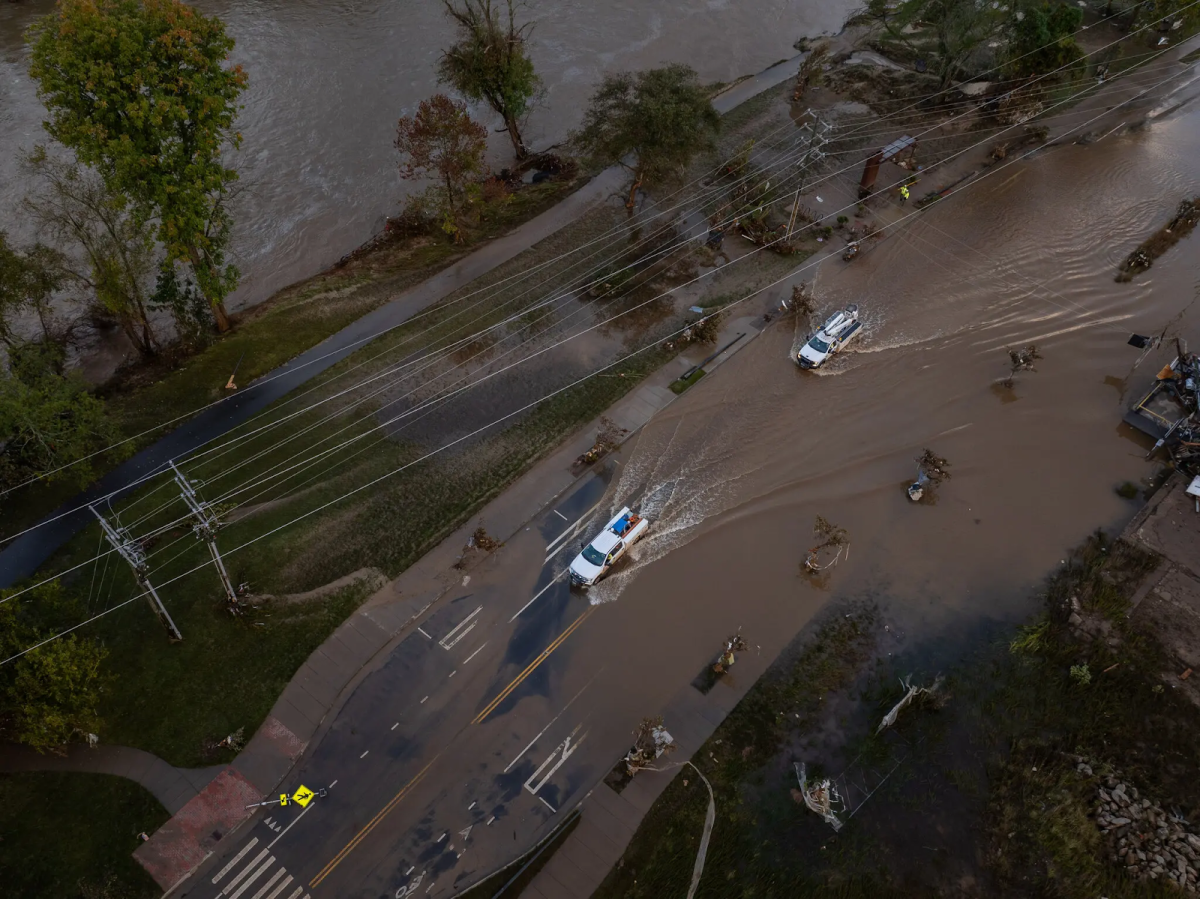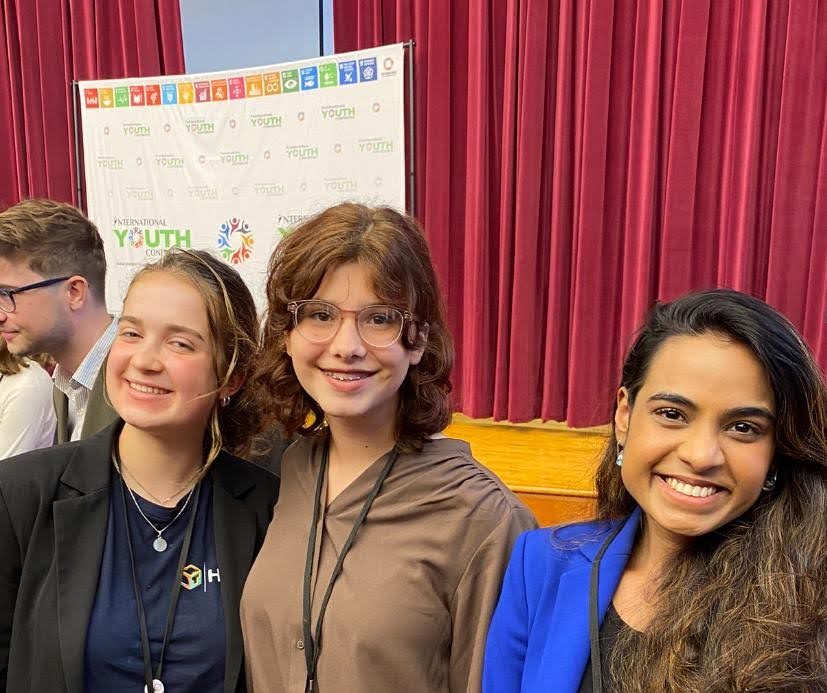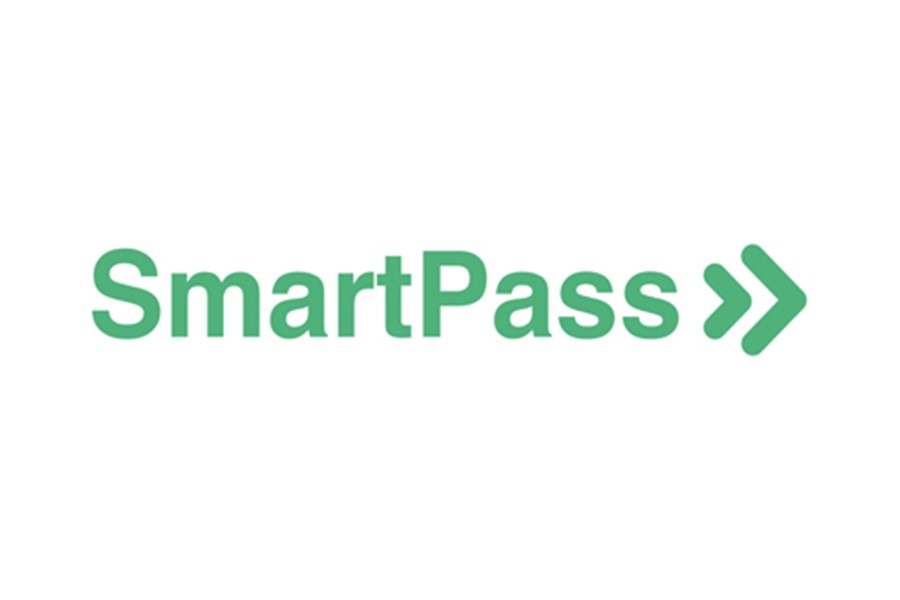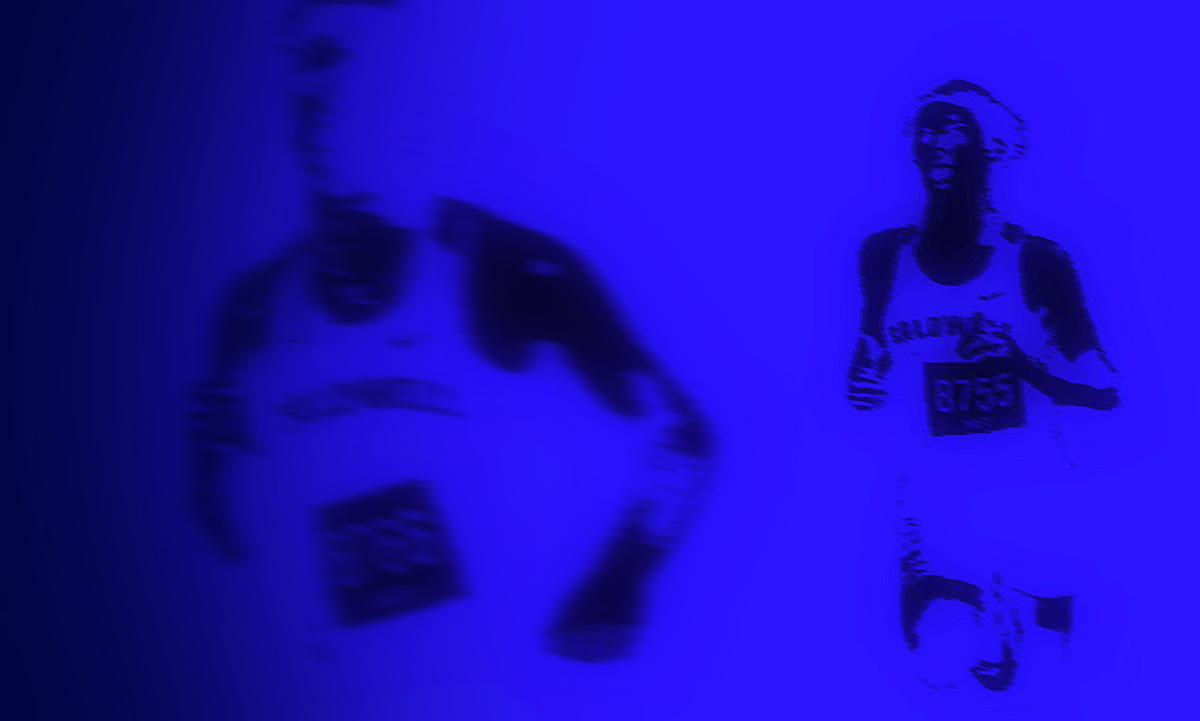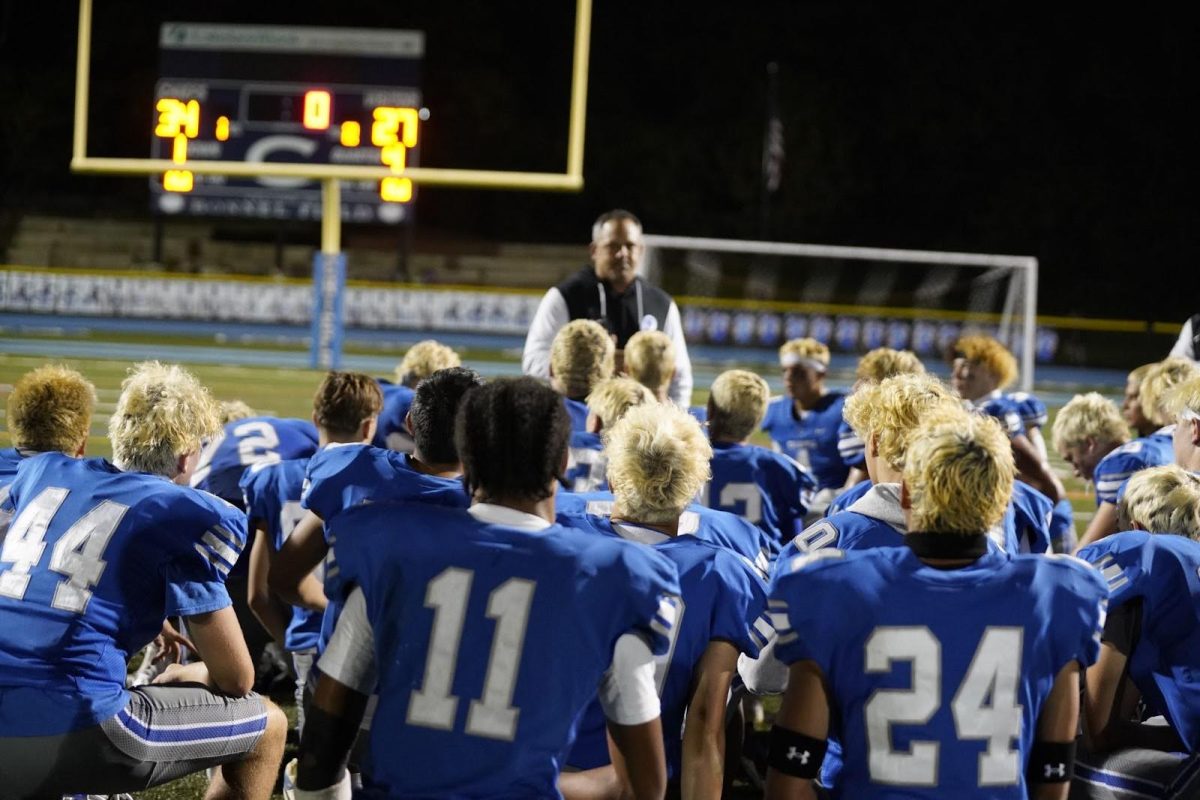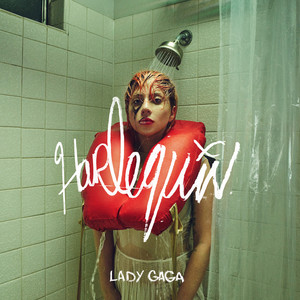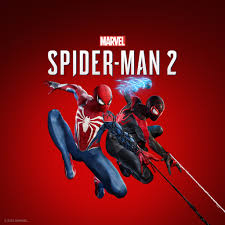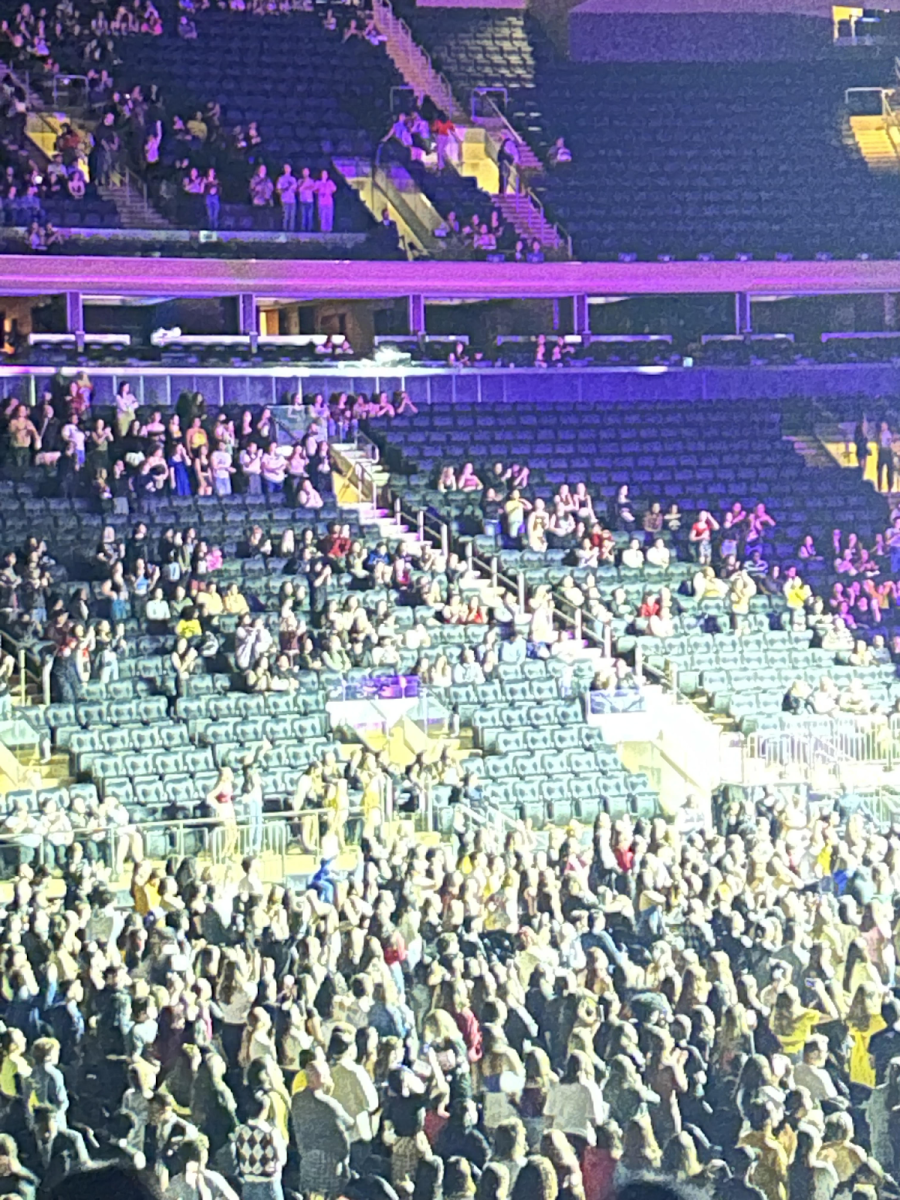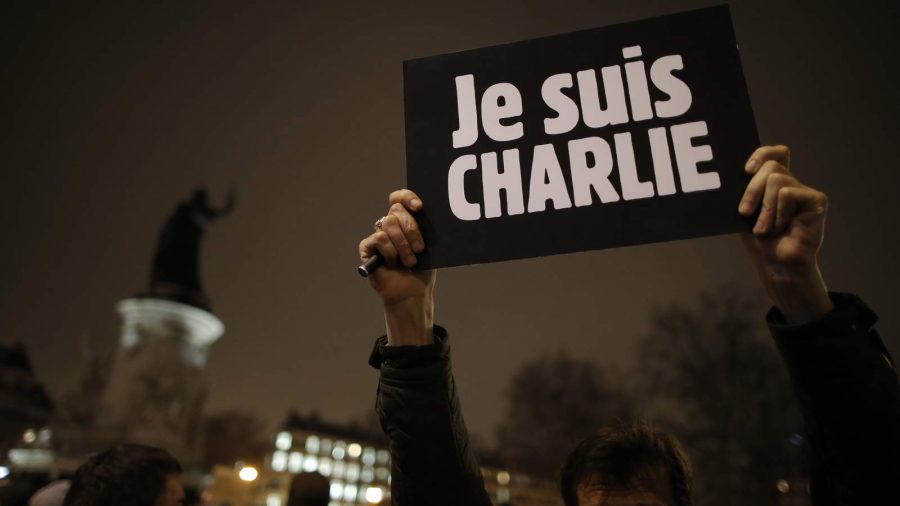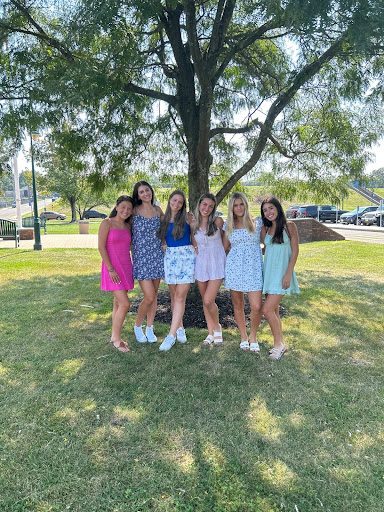The terrorist attack on the French satirical publication Charlie Hebdo on January 7 shocked the people of France and the entire world. Twelve people, mostly journalists, were murdered by three terrorists who took issue with the magazine’s portrayal of the Muslim Prophet Muhammad. The magazine is known to attack all religions, including Catholicism and other sects of Christianity. Just hours after the attack, thousands of people poured into the streets of Paris to show their support for the freedom of expression exercised by publications like Charlie Hebdo. Around the world, the top trend on Twitter became “#JeSuisCharlie,” which means “I am Charlie,” in reference to the magazine’s standing in French culture, a beacon of freedom of expression.
We are all Charlie, in a way. The fact that I have the freedom to write this article and that you have the freedom to read it is a prime example. Americans take the liberties guaranteed to us by the First Amendment to the Constitution largely for granted. We can profess any religion we choose, or choose not to practice faith at all. We can openly criticize and petition the government, and gather in peaceful assembly to protest our leaders. Most importantly, there are no restrictions on our speech nor on our press. The First Amendment therefore allows for professional journalism, exercised through newspapers like The New York Times and broadcasters like Fox; as well as satirical journalism, through media such as The Daily Show with Jon Stewart and The Onion.
If we cannot mock ourselves as a society through the daily events that we witness, then we have failed as a civilization. In his column in The New York Times on January 8, David Brooks challenged the concept of “Je Suis Charlie” with his article “I Am Not Charlie Hebdo.” Mr. Brooks pointed out that we as Americans would likely reject the publication because of what he refers to as its tendencies towards hate speech. For whatever reason, I was curious to read the comments section of the article on the Times website, and one comment struck me as being a spot-on rebuttal. The user, who goes by the screen name “dcl,” said that American media appeases the public. He said, “We Americans love to criticize the French for being cowards but they have shown far more courage than we have with their pens. And the pen is mightier than the sword, which is why terrorists battle the pen.” There is not one major satirical publication or media source in America that openly criticizes Islam in such a way that Charlie Hebdo does. The fact of the matter is that Americans accept criticism of Christianity, Judaism, and even Mormonism, but for some reason, a line is drawn when it comes to Islam.
Although it could definitely be argued that Charlie Hebdo is immature in what it publishes, the concept of freedom of expression is what really matters. Whether you watch Sean Hannity talk over and scream at his guests on his Fox News program or read Charlie Hebdo’s portrayals of religion, you are viewing the products of freedom of expression. Whether you agree or disagree with Mr. Hannity’s treatment of his guests or Charlie Hebdo’s depictions of religion, there is a fundamental protection of these expressions.
On the CBS Evening News on Friday, January 9, the day the terrorists who killed twelve people at Charlie Hebdo were killed in a shootout with French police, anchor Scott Pelley closed the network’s flagship news program with the following essay, printed here in full.
“Someone asked us today if the French magazine acted irresponsibly, publishing cartoons of the Prophet Muhammad – couldn’t all of this have been avoided had Charlie Hebdo been more sensible? Most freedoms are limited. Gun ownership is restricted; you’re free to travel, but you’re not free to run red lights. So why are the freedoms to publish and speak absolute? Because there is no democracy without journalism. The strength of a nation depends on the quality of its information. Charlie Hebdo staked out extremes, and so helped define a broad space for every voice. Eight of its journalists died knowing the risk. And we remember American reporters James Foley and Steven Sotloff who were silenced by ISIS months ago. The Committee to Protect Journalists tells us that sixty-one reporters died in the line of duty in 2014. The enemy knows our vulnerability. Silence is the end of freedom.”


